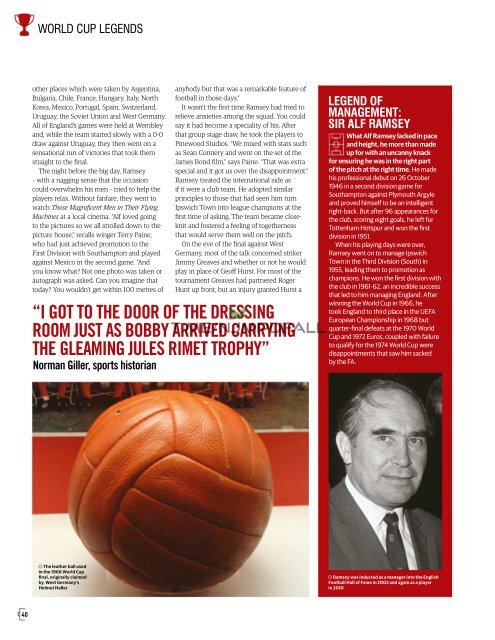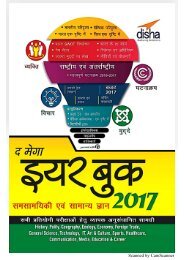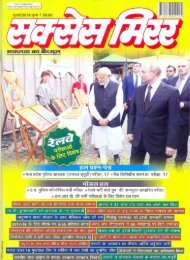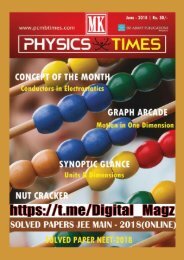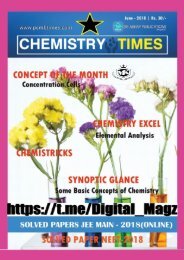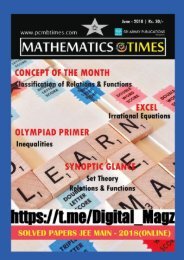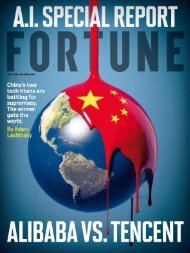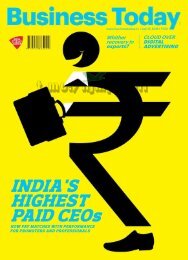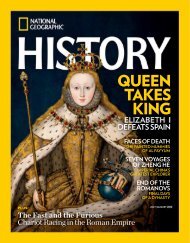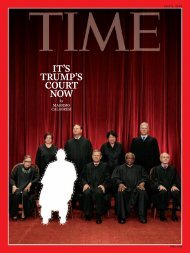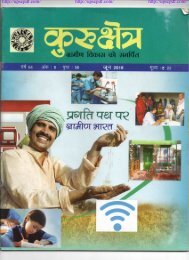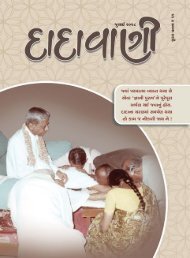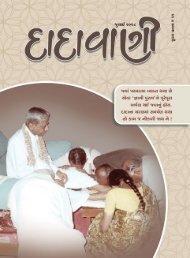World cup Legends
Information about all the FIFA world cup players and matches
Information about all the FIFA world cup players and matches
- No tags were found...
Create successful ePaper yourself
Turn your PDF publications into a flip-book with our unique Google optimized e-Paper software.
WORLD CUP LEGENDS<br />
other places which were taken by Argentina,<br />
Bulgaria, Chile, France, Hungary, Italy, North<br />
Korea, Mexico, Portugal, Spain, Switzerland,<br />
Uruguay, the Soviet Union and West Germany.<br />
All of England’s games were held at Wembley<br />
and, while the team started slowly with a 0-0<br />
draw against Uruguay, they then went on a<br />
sensational run of victories that took them<br />
straight to the inal.<br />
The night before the big day, Ramsey<br />
– with a nagging sense that the occasion<br />
could overwhelm his men – tried to help the<br />
players relax. Without fanfare, they went to<br />
watch Those Magnificent Men in Their Flying<br />
Machines at a local cinema. “Alf loved going<br />
to the pictures so we all strolled down to the<br />
picture house,” recalls winger Terry Paine,<br />
who had just achieved promotion to the<br />
First Division with Southampton and played<br />
against Mexico in the second game. “And<br />
you know what? Not one photo was taken or<br />
autograph was asked. Can you imagine that<br />
today? You wouldn’t get within 100 metres of<br />
anybody but that was a remarkable feature of<br />
football in those days.”<br />
It wasn’t the irst time Ramsey had tried to<br />
relieve anxieties among the squad. You could<br />
say it had become a speciality of his. After<br />
that group stage draw, he took the players to<br />
Pinewood Studios. “We mixed with stars such<br />
as Sean Connery and went on the set of the<br />
James Bond ilm,” says Paine. “That was extra<br />
special and it got us over the disappointment.”<br />
Ramsey treated the international side as<br />
if it were a club team. He adopted similar<br />
principles to those that had seen him turn<br />
Ipswich Town into league champions at the<br />
irst time of asking. The team became closeknit<br />
and fostered a feeling of togetherness<br />
that would serve them well on the pitch.<br />
On the eve of the inal against West<br />
Germany, most of the talk concerned striker<br />
Jimmy Greaves and whether or not he would<br />
play in place of Geof Hurst. For most of the<br />
tournament Greaves had partnered Roger<br />
Hunt up front, but an injury granted Hurst a<br />
“I GOT TO THE DOOR OF THE DRESSING<br />
ROOM JUST AS BOBBY ARRIVED CARRYING<br />
THE GLEAMING JULES RIMET TROPHY”<br />
Norman Giller, sports historian<br />
LEGEND OF<br />
MANAGEMENT:<br />
SIR ALF RAMSEY<br />
What Alf Ramsey lacked in pace<br />
and height, he more than made<br />
up for with an uncanny knack<br />
for ensuring he was in the right part<br />
of the pitch at the right time. He made<br />
his professional debut on 26 October<br />
1946 in a second division game for<br />
Southampton against Plymouth Argyle<br />
and proved himself to be an intelligent<br />
right-back. But after 96 appearances for<br />
the club, scoring eight goals, he left for<br />
Tottenham Hotspur and won the irst<br />
division in 1951.<br />
When his playing days were over,<br />
Ramsey went on to manage Ipswich<br />
Town in the Third Division (South) in<br />
1955, leading them to promotion as<br />
champions. He won the irst division with<br />
the club in 1961-62, an incredible success<br />
that led to him managing England. After<br />
winning the <strong>World</strong> Cup in 1966, he<br />
took England to third place in the UEFA<br />
European Championship in 1968 but<br />
quarter-inal defeats at the 1970 <strong>World</strong><br />
Cup and 1972 Euros, coupled with failure<br />
to qualify for the 1974 <strong>World</strong> Cup were<br />
disappointments that saw him sacked<br />
by the FA.<br />
The leather ball used<br />
in the 1966 <strong>World</strong> Cup<br />
inal, originally claimed<br />
by West Germany’s<br />
Helmut Haller<br />
Ramsey was inducted as a manager into the English<br />
Football Hall of Fame in 2002 and again as a player<br />
in 2010<br />
40


